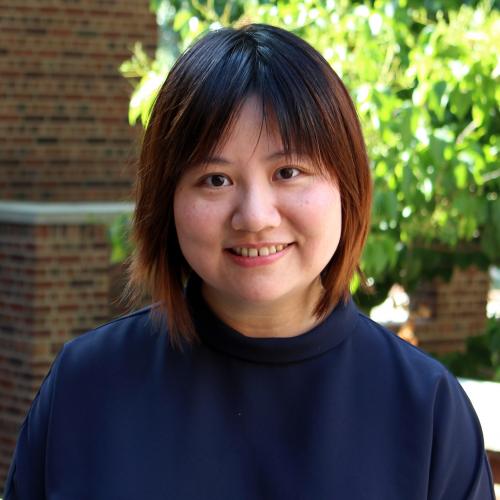It is important for patients to understand the information they need for making health decisions, yet studies have shown that a large segment of the population lacks the health literacy to do so. Health literacy refers to capacity of people to obtain, process, and understand health information needed for making health decisions.
Assistant Professor Jessie Chin addresses this topic in the paper, "Health Literacy, Processing Capacity, Illness Knowledge, and Actionable Memory for Medication Taking in Type 2 Diabetes: Cross-Sectional Analysis," which was recently published in the Journal of General Internal Medicine. The paper's coauthors include Huaping Wang, Adam W. Awwad, and James F. Graumlich, University of Illinois College of Medicine in Peoria; Michael S. Wolf, Northwestern University Feinberg School of Medicine; and Daniel G. Morrow, Department of Educational Psychology, University of Illinois.
"Many people have inadequate health literacy to support them in understanding health information and/or performing basic self-care activities," said Chin. "Successful self-care would lead to better health outcomes, especially for patients with chronic illness."
In their study, Chin and her colleagues investigated the relationship between health literacy and "actionable memory," or memory for medication purposes, among patients with diabetes. Their results demonstrated the link between health literacy and self-care, which the researchers said could be accounted for by both the processing capacity and health knowledge of the patients.
"The study also showed that there are individual differences in the way that people can compensate for limitations in their cognitive capacities in order to maintain their health literacy. The implications of our study include improving medication adherence for patients with chronic illness through multiple strategies to promote the actionable memory of medication-taking," said Chin.
Chin holds a BS in psychology from National Taiwan University, an MS in human factors, and a PhD in educational psychology with a focus on cognitive science in teaching and learning from the University of Illinois at Urbana-Champaign.
